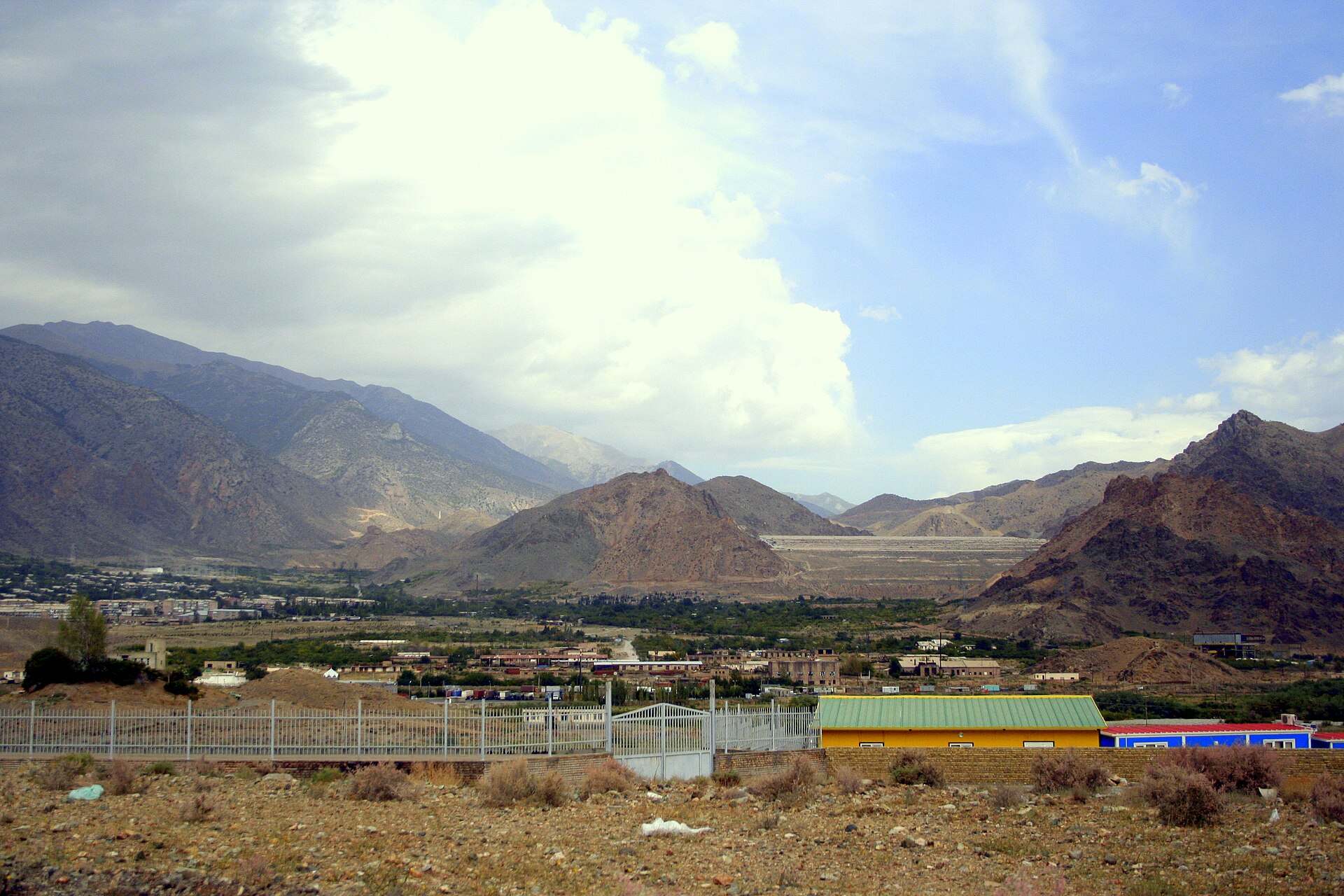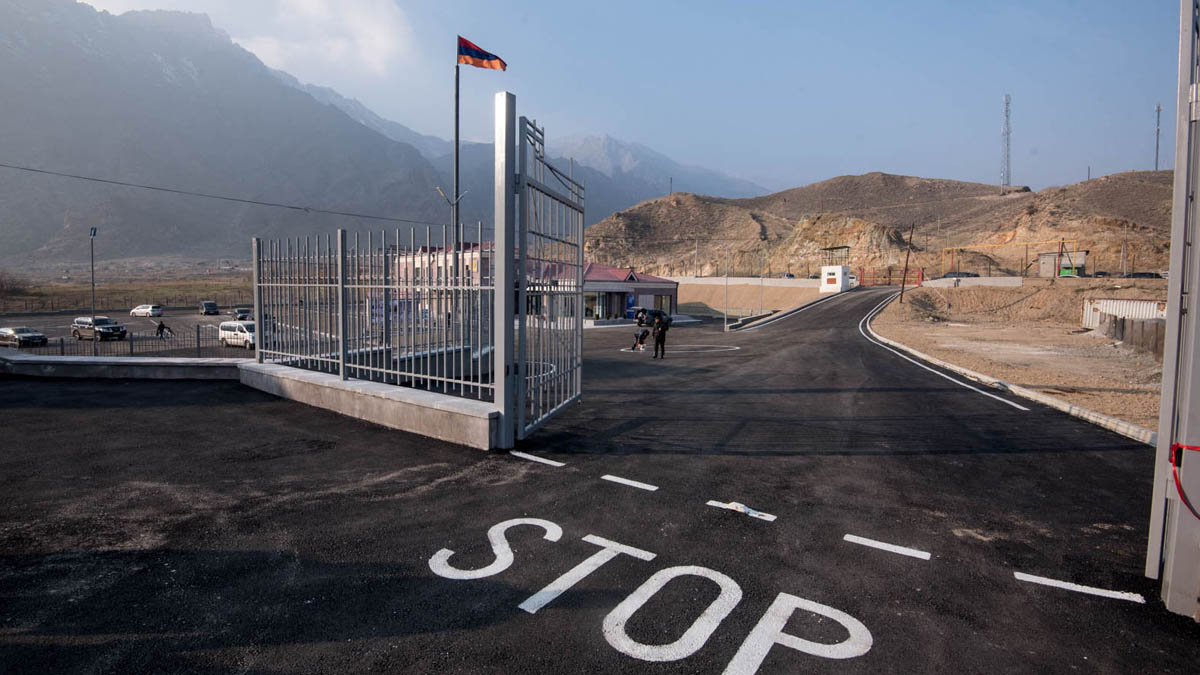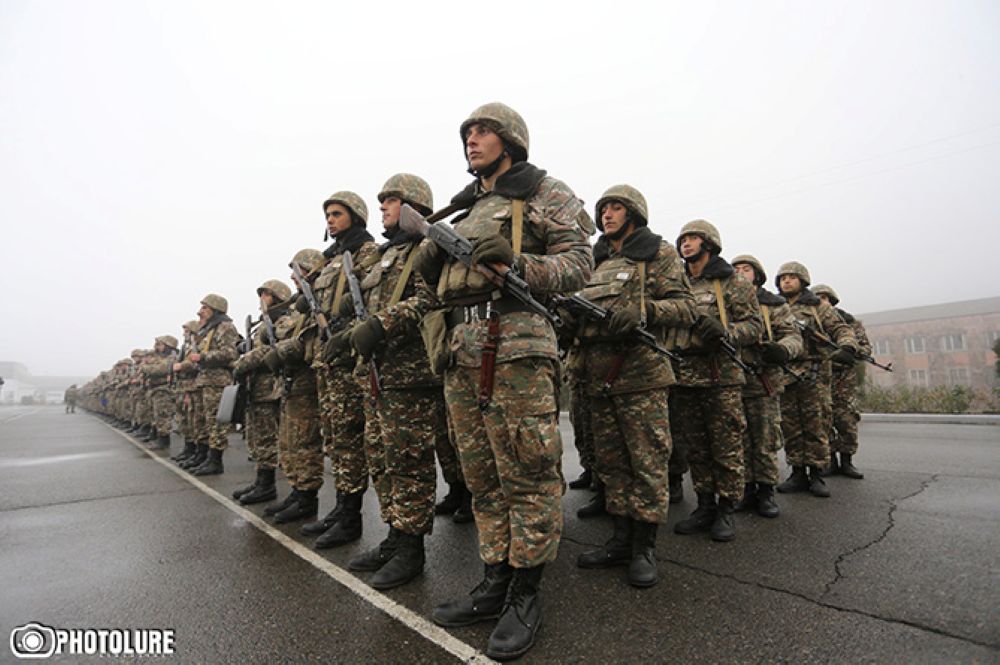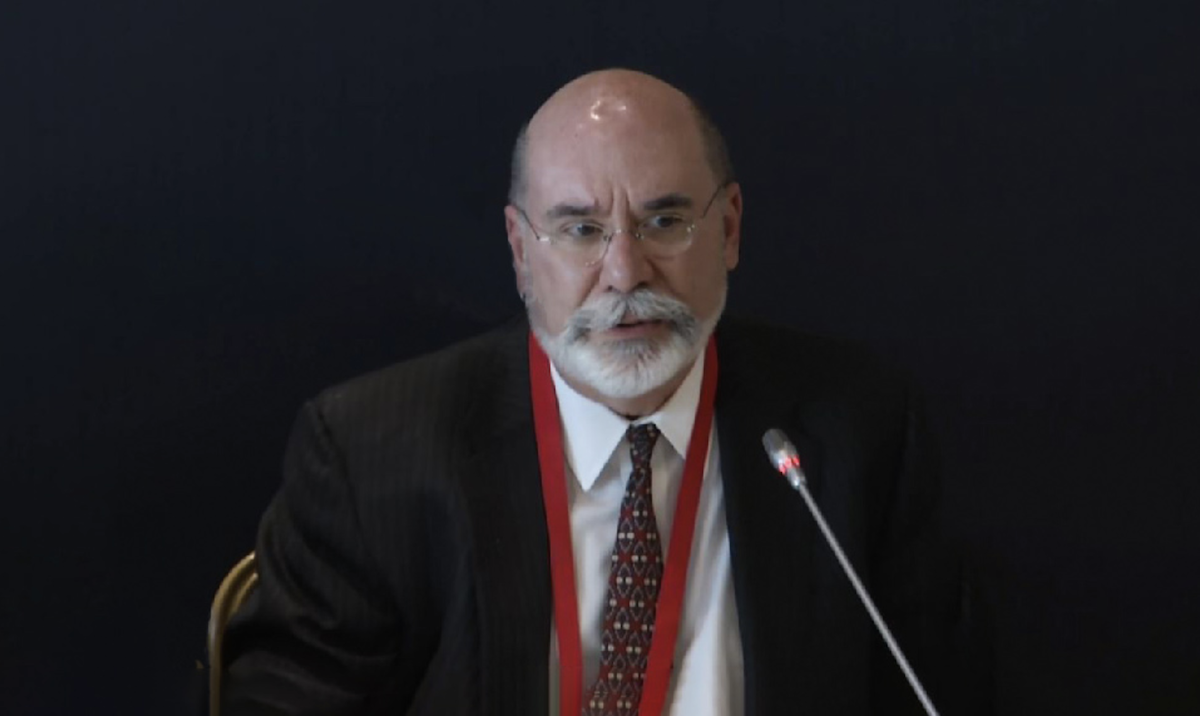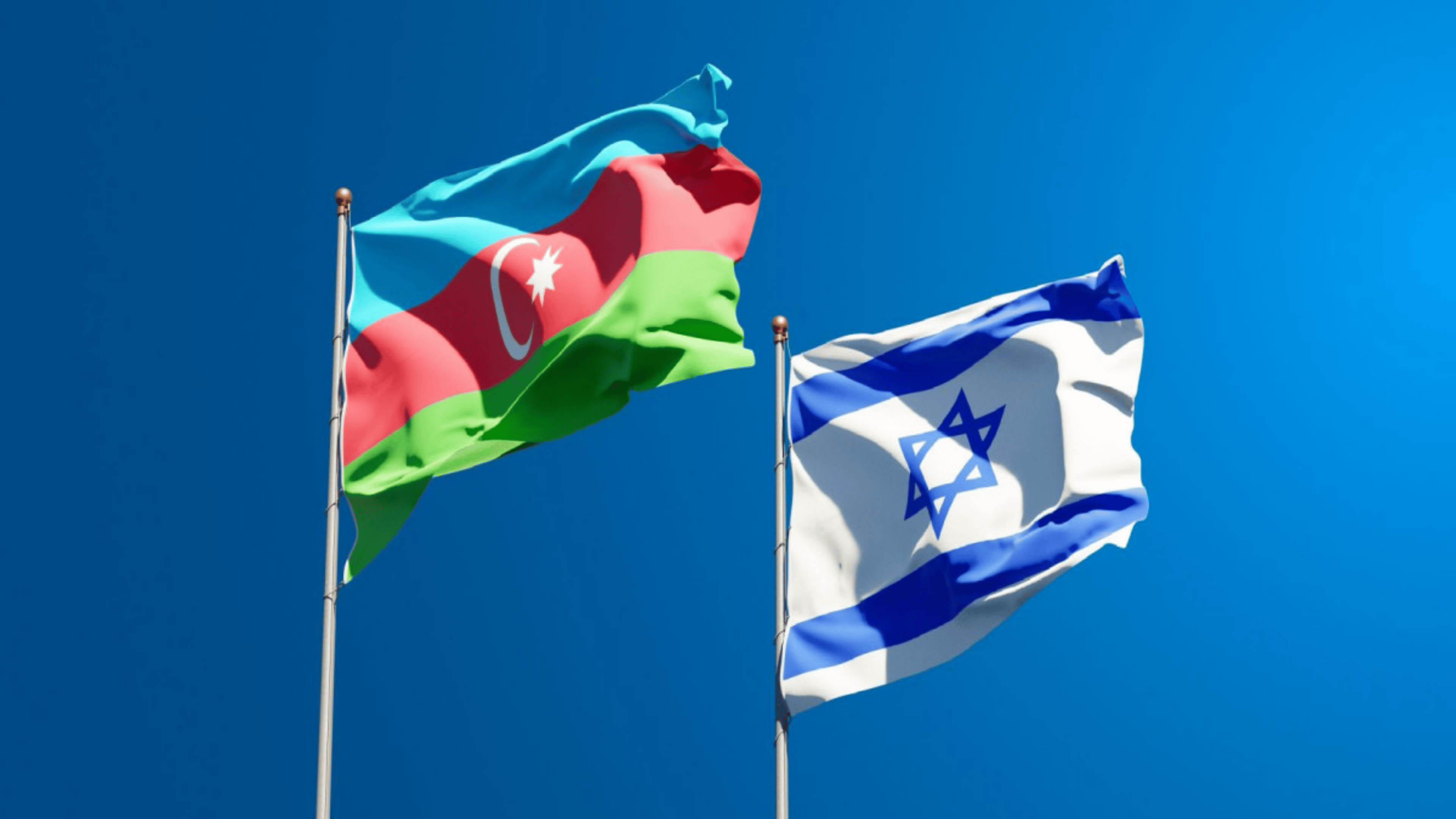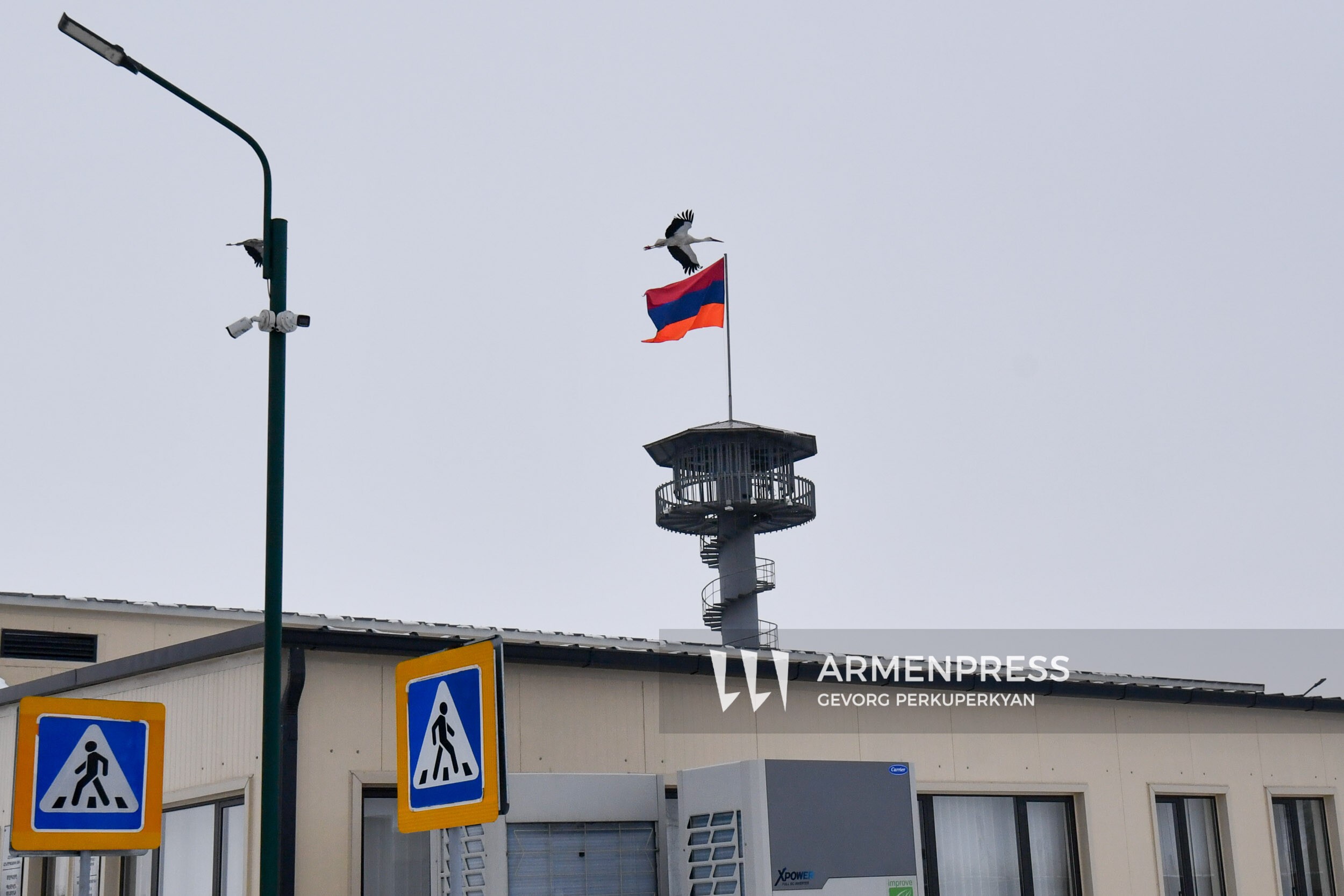“Baku’s goal is to subjugate Armenia to Azerbaijan”: views from Yerevan
Armenian analysts comment on Hajiyev’s interview
In an interview with the German newspaper Berliner Zeitung, Hikmet Hajiyev, assistant to the president of Azerbaijan, reiterated Baku’s preconditions for signing a peace treaty: amending Armenia’s constitution and the dissolution of the OSCE Minsk Group. Hajiyev claimed that the Armenian constitution “contains territorial claims against Azerbaijan,” which “the Armenian people must put an end to.”
“It is important to remain extremely vigilant regarding a new wave of revanchism in Armenian society. Armenia must pay attention to its own public. I believe that changes to the country’s constitution will be an important step towards halting such processes,” said the Aliyev’s assistant.
Regarding the OSCE Minsk Group, which once oversaw the Karabakh peace process, Hajiyev stated that it should be “filed in the archives of history.”
In Yerevan, Aliyev’s assistant remarks were seen as clear evidence that Baku is not willing to reach agreements with Armenia on any issue. Armenian analysts viewed his statements as political pressure, an attempt to control Armenia’s domestic agenda and turn the peace treaty into an act of capitulation.
- “The route through Armenia will be an alternative, not the main one”: expert opinion
- “If only the Azerbaijan–Nakhichevan route opens, Armenia’s blockade will deepen” — Opinion
- Armenia wants to join EU but won’t damage ties with Russia: Pashinyan’s press conference
- Tango without partner: why Azerbaijan holds back on peace deal with Armenia
What else Hajiyev said
Hikmet Hajiyev emphasised that the issue of reparations is not being discussed during Armenian-Azerbaijani negotiations, but added that Baku is assessing the “damage caused to Azerbaijan”:
“According to this assessment, the total damage inflicted on our country amounts to nearly $150 billion.”
Aliyev’s assistant assured that peace has been established in the region and that “military clashes or escalation are no longer on the agenda between Armenia and Azerbaijan.”
Speaking about the exodus of the entire Armenian population from Nagorno-Karabakh — the forced displacement of more than 120,000 people to Armenia — Hajiyev claimed that it was their own decision. However, international human rights organisations such as Human Rights Watch, Amnesty International and others argue that they had no real alternative.
He also stated:
“Azerbaijan developed a comprehensive reintegration model. However, the Armenians refused to become part of it.”
The “reintegration programme” was presented to the Karabakh Armenians only after they had left their homeland. Through this document, the Aliyev administration pledged to safeguard the rights of those who accepted Azerbaijani citizenship, promising the right to use their native language and guarantees of religious freedom.
Commentary
Political analyst Suren Surenyants wrote on his Facebook page:
“The adviser to the President of Azerbaijan, Hikmet Hajiyev, is in fact being manipulative. Revanchism does not stem from Armenia’s constitution, but rather from the following:
- The 2020 war, with thousands of deaths and prisoners of war,
- The occupation of Armenian territory,
- The de-Armenisation of Artsakh in 2023,
- Constant threats and the use of force by Azerbaijan.
Hajiyev’s demand is simply political pressure, aimed at controlling Armenia’s internal agenda and turning the peace treaty into an act of capitulation.
It is no coincidence that in the same interview Hajiyev says: ‘We want to sign this peace treaty not only with the Armenian government but also with the Armenian people.
We want the Armenian people to put an end to all territorial claims against Azerbaijan by introducing relevant amendments to the constitution.’
I have repeatedly expressed the view that Armenia’s legislation should prohibit the activities of political parties whose programmes include territorial claims against other countries.
However, this should happen not at Azerbaijan’s behest, but as the result of our own public and political consensus — one that is entirely independent of the Armenia-Azerbaijan negotiation process.”
Political commentator Hakob Badalyan commented on Hajiyev’s statements regarding the unblocking of regional communications:
“Addressing the issue of unblocking roads and the discussions surrounding an American company, Hajiyev made the following statement in the interview:
‘If they [Armenians] cooperate with American companies, that’s their business. In the meantime, we are doing our “homework”: developing our transport infrastructure and maintaining ties with all our neighbours — Georgia, Iran, and Russia. Overall, such routes will be beneficial for the entire region. If Armenia is ready for this, we would be happy to jointly develop the Transcaucasian transport corridor.’
Azerbaijan demands an extraterritorial corridor through Armenian territory to connect with its exclave of Nakhichevan. The Armenian authorities have stated for several years that they are ready to provide roads, but insist that unblocking must be based on four principles: sovereignty, jurisdiction, reciprocity, and equality.
In this context, Washington proposed that Yerevan and Baku allow a private American company to oversee the communications. Details of the proposal have not been disclosed, but it has been said that the implementation of agreements would be ‘guaranteed by American business and American interests’.
So the question arises: what exactly is Armenia supposed to be ‘ready for’? After all, Yerevan has said it is prepared to unblock routes, provided its sovereignty and territorial integrity are fully respected. What else is expected, according to Azerbaijan?
Does Baku follow a different principle when it comes to developing transport links with Georgia, Russia or Iran? Of course not — or at least nothing of the sort has been mentioned publicly.
No special communication regime is being discussed with Iran, Russia or Georgia. So why does the issue only arise with Armenia? Why is Azerbaijan unwilling to come to an agreement with Armenia based on the same principles?
It doesn’t trust Armenia? Well, Azerbaijan can agree to the following arrangement: let the goods of other countries transit through both its territory and Armenia’s, while Azerbaijan continues to use the routes it considers reliable for its own shipments. What’s the problem?
The problem is that Azerbaijan has no intention of reaching an agreement with Armenia — neither on transport communication nor on any other matter.
For Azerbaijan, every such topic is subordinate to a single main goal: the complete subordination of Armenia to Azerbaijan’s strategic state interests and orientations. Everything else serves that goal.
This is for the attention of those in Armenia who still hold naïve beliefs that it is possible to build a ‘shared Caucasian home’ with Azerbaijan.”
Follow us – Twitter | Facebook | Instagram
Armenian analysts comment on Hajiyev’s interview










